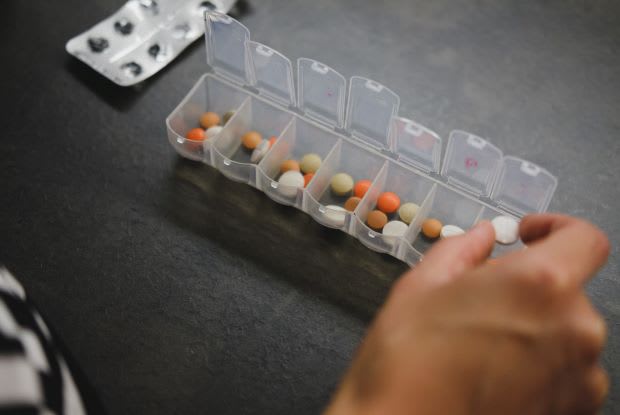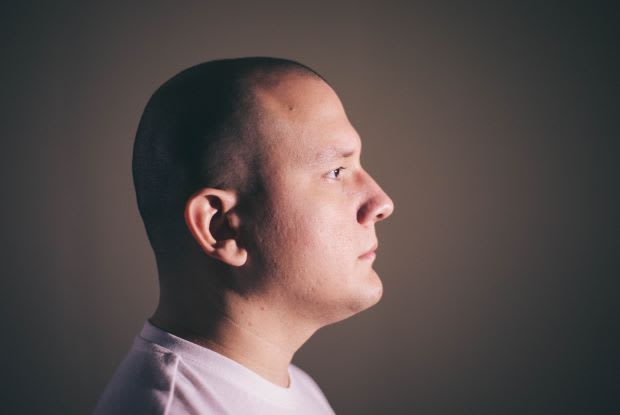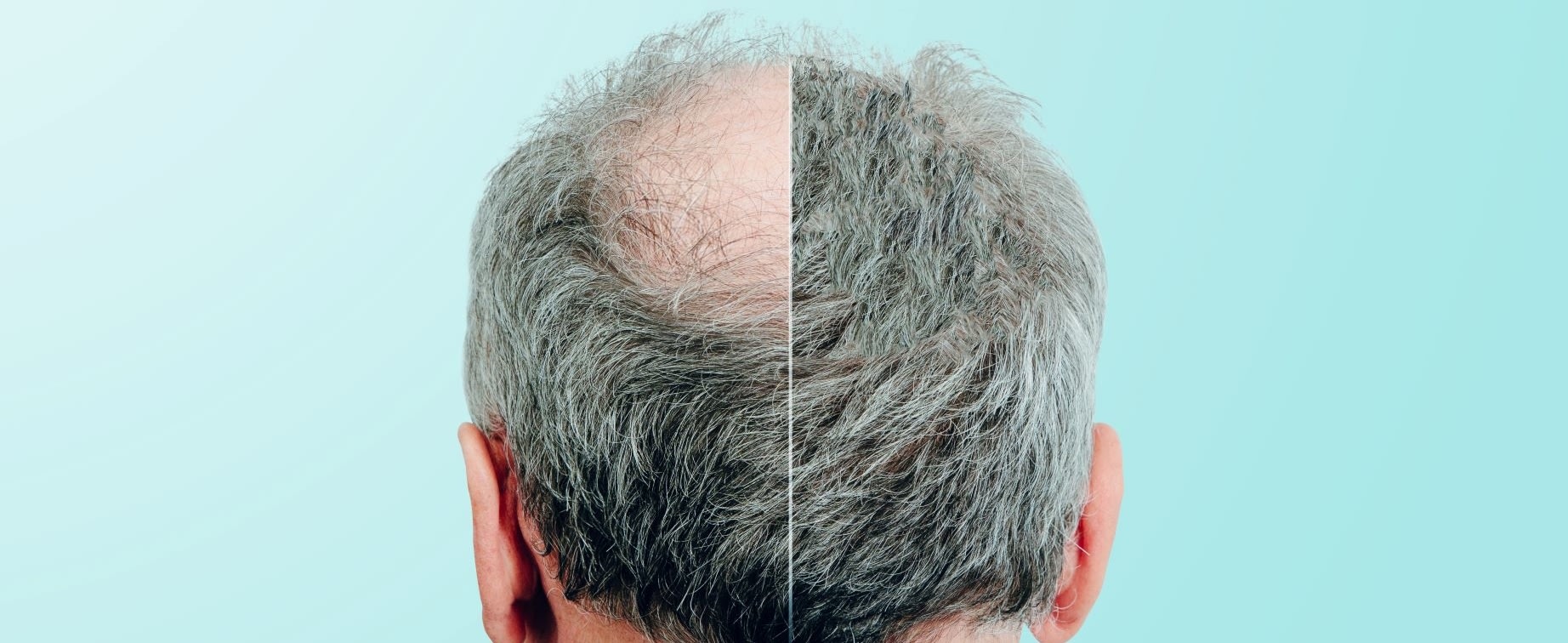Table of Contents
III. Can Propecia Cure Baldness?
IV. Minoxidil Topical Solutions
What is Alopecia?
Male- and female-pattern baldness (androgenetic alopecia) is a common type of hair loss and is characterized by a receding hairline. Hair loss comes in many different types, and “alopecia” is the Latin term for baldness. Two other common types of hair loss conditions include alopecia areata, which is an autoimmune disease that targets hair follicles. Scarring alopecia involves inflammation of the scalp. [1]
There are many possible causes for alopecia. Hair loss can occur due to hormonal fluctuations or autoimmune disorders; genetics also play a major role in hair loss. So, can hair loss be reversed?
Hair loss is only treatable if the hair follicle is not completely destroyed. If the scalp still has active hair follicles, many hair loss treatment methods may work to revitalize your hair, so some hair loss can be reversed. Read on to learn more about hair loss medications and treatments, along with ways to improve your scalp health.
When it comes to treating alopecia, there are several treatments available. While hair-loss drugs can be expensive locally, RxConnected is an affordable and reliable resource for prescription and over-the-counter hair-loss drugs. Those experiencing male-pattern baldness are often prescribed a DHT inhibitor. DHT, short for dihydrotestosterone, is a sex hormone that can cause hair loss when there is an excess amount. But why does DHT cause hair loss? DHT is a type of androgen derived from testosterone. Testosterone is responsible for male sex characteristics like a deep voice, body hair, and muscle mass. Both men and women have testosterone, although men typically have more testosterone present in their bodies. Testosterone requires an enzyme called 5-alpha reductase (5-AR) to convert into DHT. As people get older, testosterone and DHT can help maintain overall sexual health and fertility. Problems only arise if high levels of DHT occur. DHT can link to the receptors on your hair follicles and reduce your ability to retain hair. High levels of DHT can also cause: By acting on 5-AR, hair loss drugs can reduce how much testosterone is converted into DHT, thus preventing hair loss. Depending on your condition, you may be prescribed a vasodilator like minoxidil instead. Vasodilators help widen the blood vessels around the hair follicles so that they receive more oxygen-rich blood. [3] A commonly prescribed DHT inhibitor to treat hair loss is Propecia (finasteride). Finasteride was originally used to treat men who were experiencing enlarged prostate glands. During trials to test finasteride for prostate treatments, hair growth was found to be one common side effect. Since then, finasteride has been approved by the FDA as a treatment for male-pattern baldness. Finasteride is effective at treating male-pattern baldness in the majority of men. [4] Ask your doctor if Propecia (finasteride) is right for you. Because finasteride reduces the amount of DHT in the body, several related side effects may occur, including: Alopecia can also be treated with Loniten (minoxidil). This drug comes in a solution that is applied directly to the scalp area. It is important to note that minoxidil does not work right away, and most people need to apply minoxidil for four to six months before benefits appear. Minoxidil contains alcohol, so it may be irritating for some people because alcohol can dry out the skin. If you use minoxidil and still do not see improvements in hair growth after six months, let your healthcare provider know. [3] Early treatment is usually required for complete hair regrowth. Sometimes, your doctor may recommend natural ways to revitalize the scalp before prescribing medications. In a 2017 study done by the Archives of Dermatological Research, a Mediterranean diet was found to decrease the risk of androgenetic alopecia in men. A Mediterranean diet consists of a variety of fruits and leafy veggies. These foods are rich in vitamins and minerals that can help fight inflammation. [6] Carrots, salmon, and oysters can help strengthen the hair follicles and encourage new hair growth. Carrots contain lots of beta-carotene, which is necessary to convert vitamin A and biotin. Salmon can enrich your diet with vitamin D and omega-3 fatty acids that lubricate and stimulate the scalp. Finally, oysters are high in zinc. Avoiding processed foods can also go a long way in preventing hair loss. [1] Talk to your dietician today for a suitable diet that can help your hair grow and if you want to learn more about hair loss, visit our blog page. The content in this article is intended for informational purposes only. This website does not provide medical advice. In all circumstances, you should always seek the advice of your physician and/or other qualified health professionals(s) for drug, medical condition, or treatment advice. The content provided on this website is not a substitute for professional medical advice, diagnosis, or treatment.
Drugs for Hair Loss
Can Propecia Cure Baldness?

Minoxidil Topical Solutions
Improving Scalp Health


